Effective Fish Processing Methods in Coastal Areas for Balancing Sustainability and Quality
By. Najih - 18 Sep 2024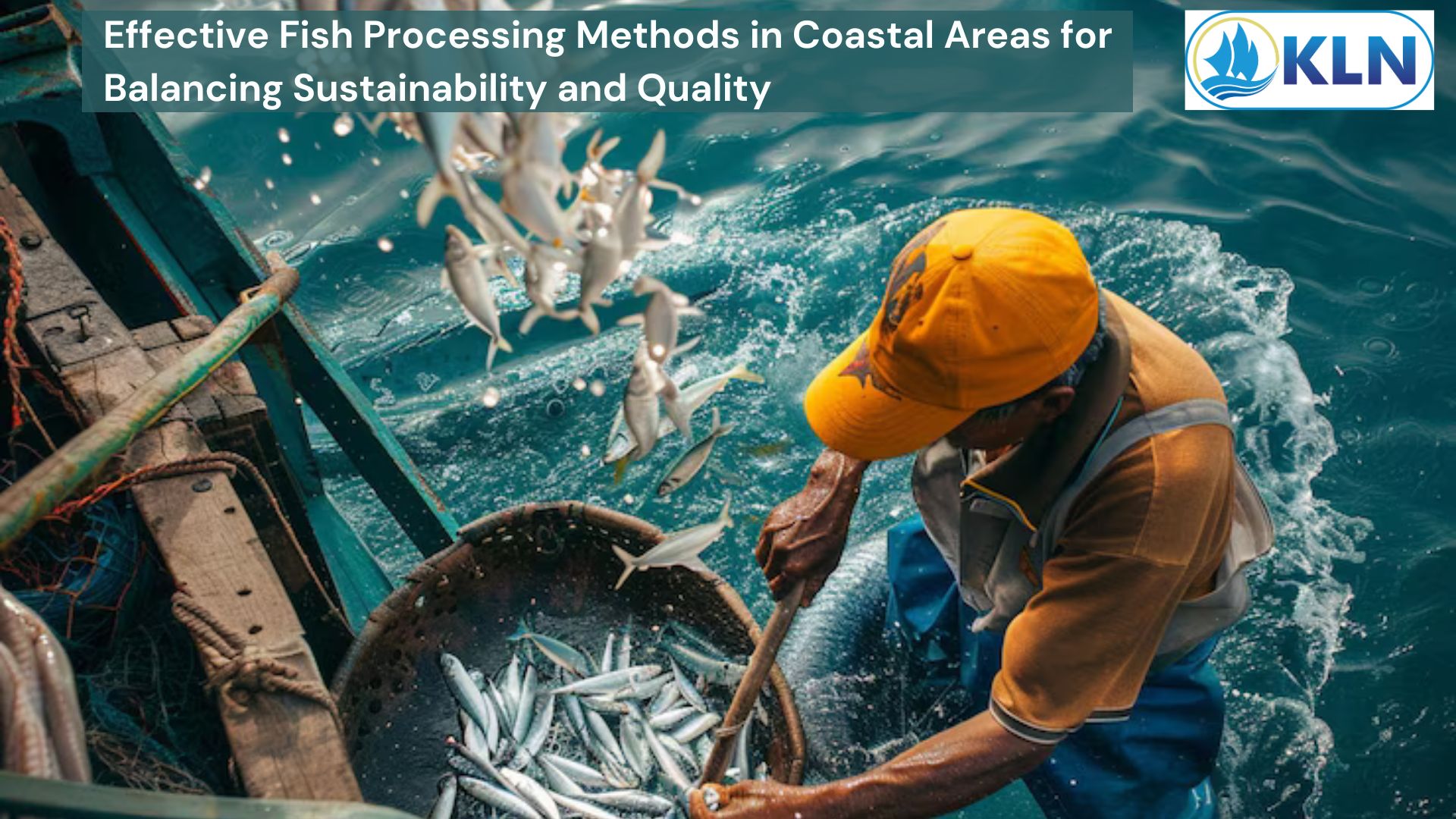
Fish processing in coastal regions is a vital component of the seafood industry, influencing both local economies and environmental health. As global demand for seafood increases, it is crucial to employ effective and sustainable fish processing methods to ensure product quality and ecological balance.
Innovative Fish Processing Techniques
In coastal areas, innovative fish processing techniques are essential for preserving the freshness and quality of seafood products. Traditional methods like salting and smoking have been complemented by modern techniques such as freezing and vacuum packaging. Freezing, in particular, is a widely adopted method that halts bacterial growth and enzymatic activity, effectively preserving the fish for longer periods. Vacuum packaging further extends shelf life by removing air and reducing oxidation, which helps maintain the fish’s flavor and nutritional value.
Another noteworthy method is the use of natural preservatives. These include herbs, spices, and acids that can inhibit microbial growth without relying on artificial chemicals. This approach not only enhances the fish's flavor but also aligns with the growing consumer preference for natural and organic products.
Sustainability and Responsible Sourcing
Sustainability is a cornerstone of modern fish processing practices. Responsible sourcing ensures that fish are harvested in a manner that does not deplete fish stocks or damage marine ecosystems. Certifications from organizations such as the Marine Stewardship Council (MSC) and the Aquaculture Stewardship Council (ASC) provide assurance that the seafood comes from sustainable sources.
Coastal fish processors are increasingly adopting these certifications to meet consumer demand for environmentally friendly products. By sourcing from fisheries that use sustainable practices, processors help protect marine biodiversity and ensure the longevity of fish populations.
Economic and Environmental Benefits
Implementing sustainable fish processing methods brings significant economic and environmental benefits. Economically, sustainable practices can lead to access to premium markets and higher prices for responsibly sourced seafood. This, in turn, supports local economies and creates jobs in coastal communities.
Environmentally, reducing waste through efficient processing techniques and responsible sourcing helps mitigate the impact of fishing on marine ecosystems. By adopting these practices, coastal regions can preserve their natural resources while continuing to thrive as key players in the global seafood market.
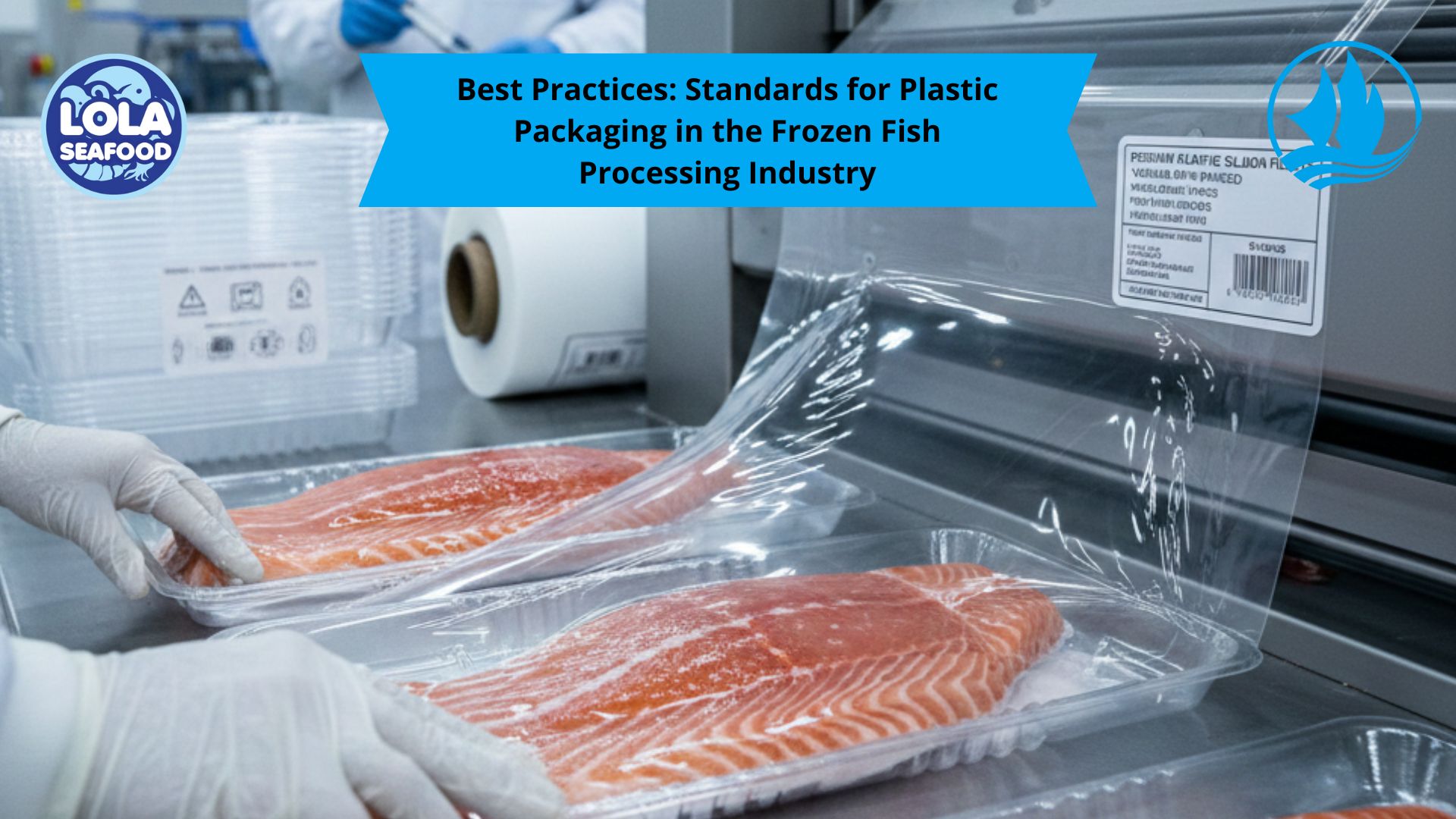
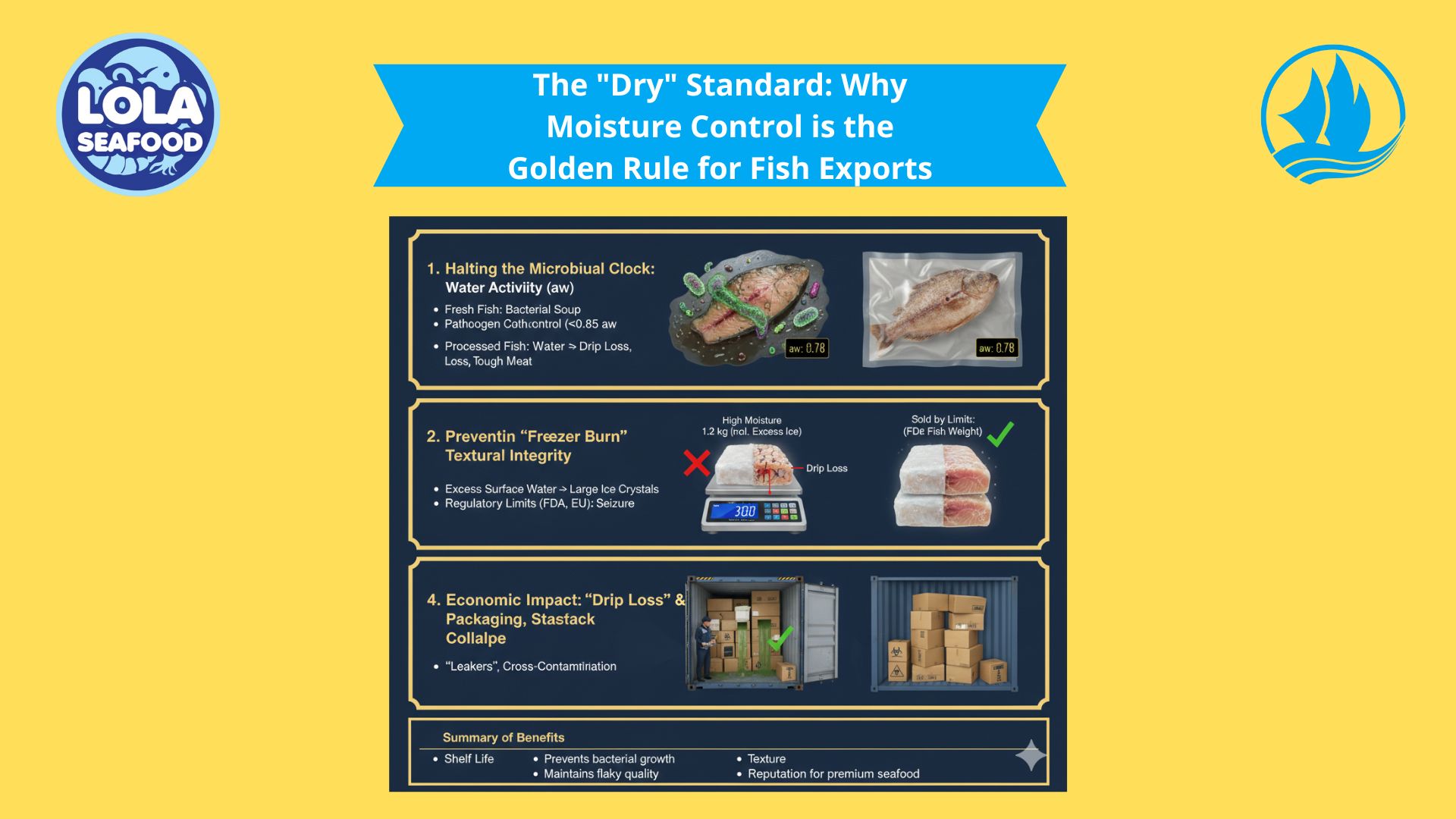
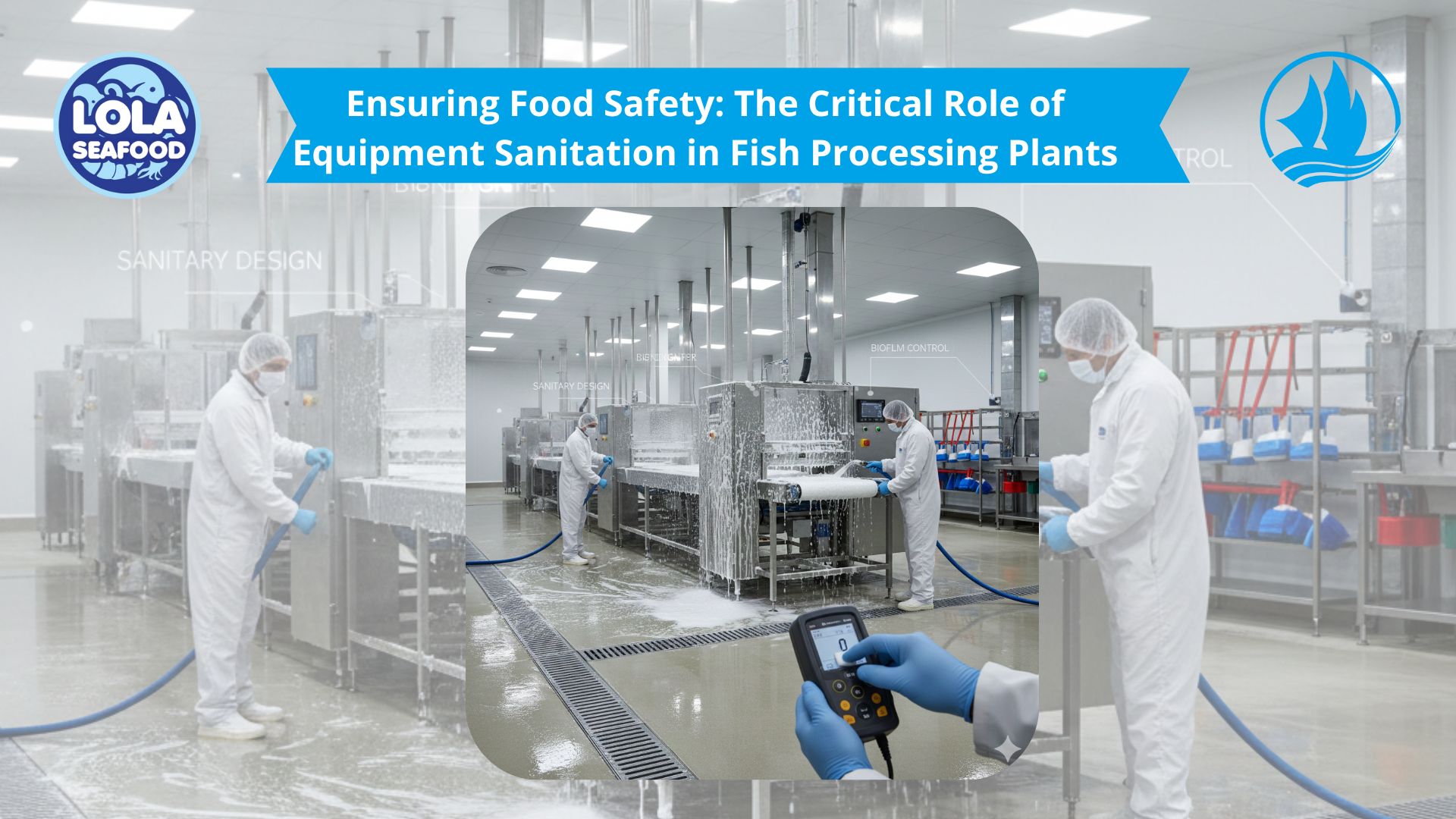
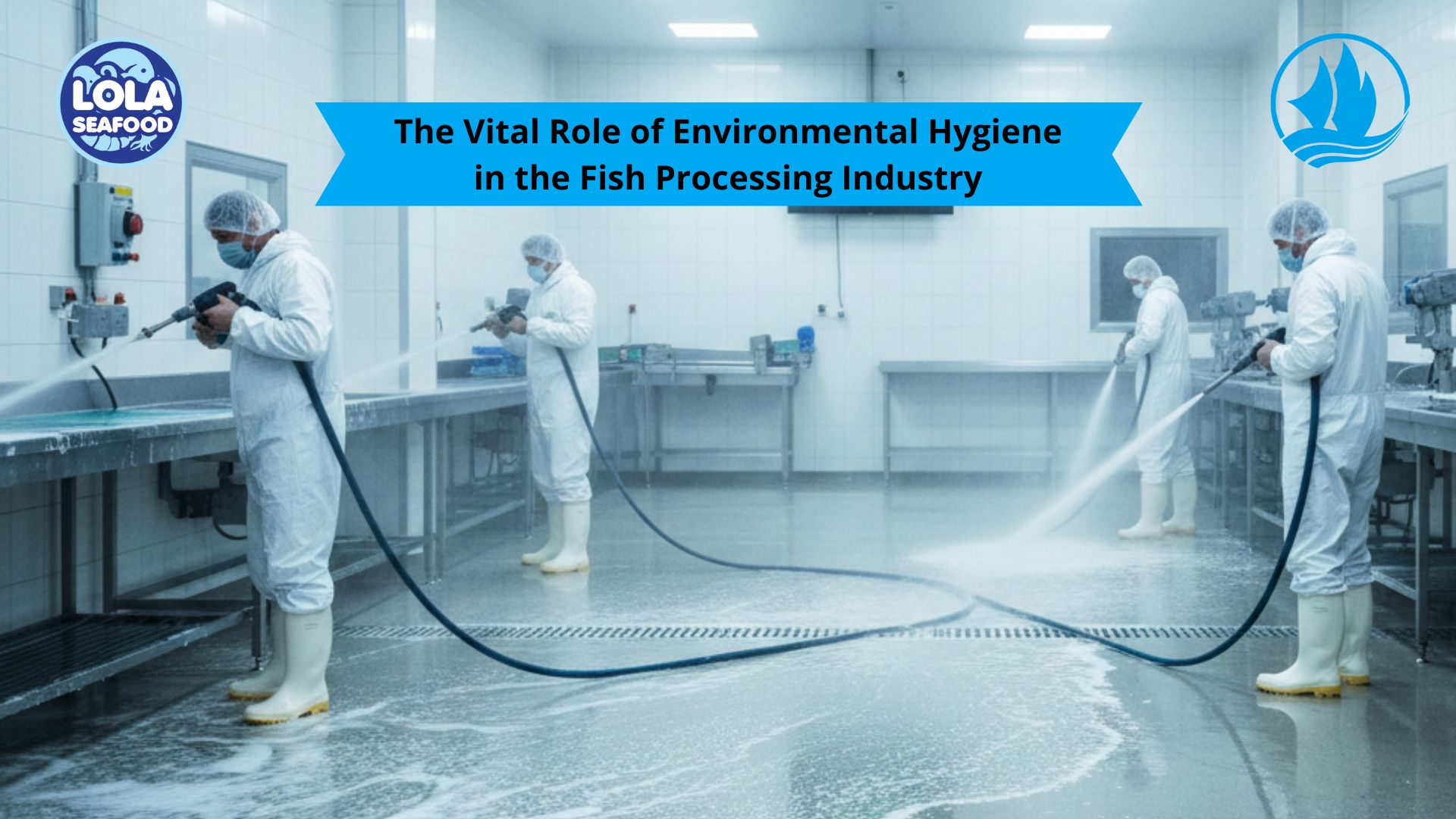
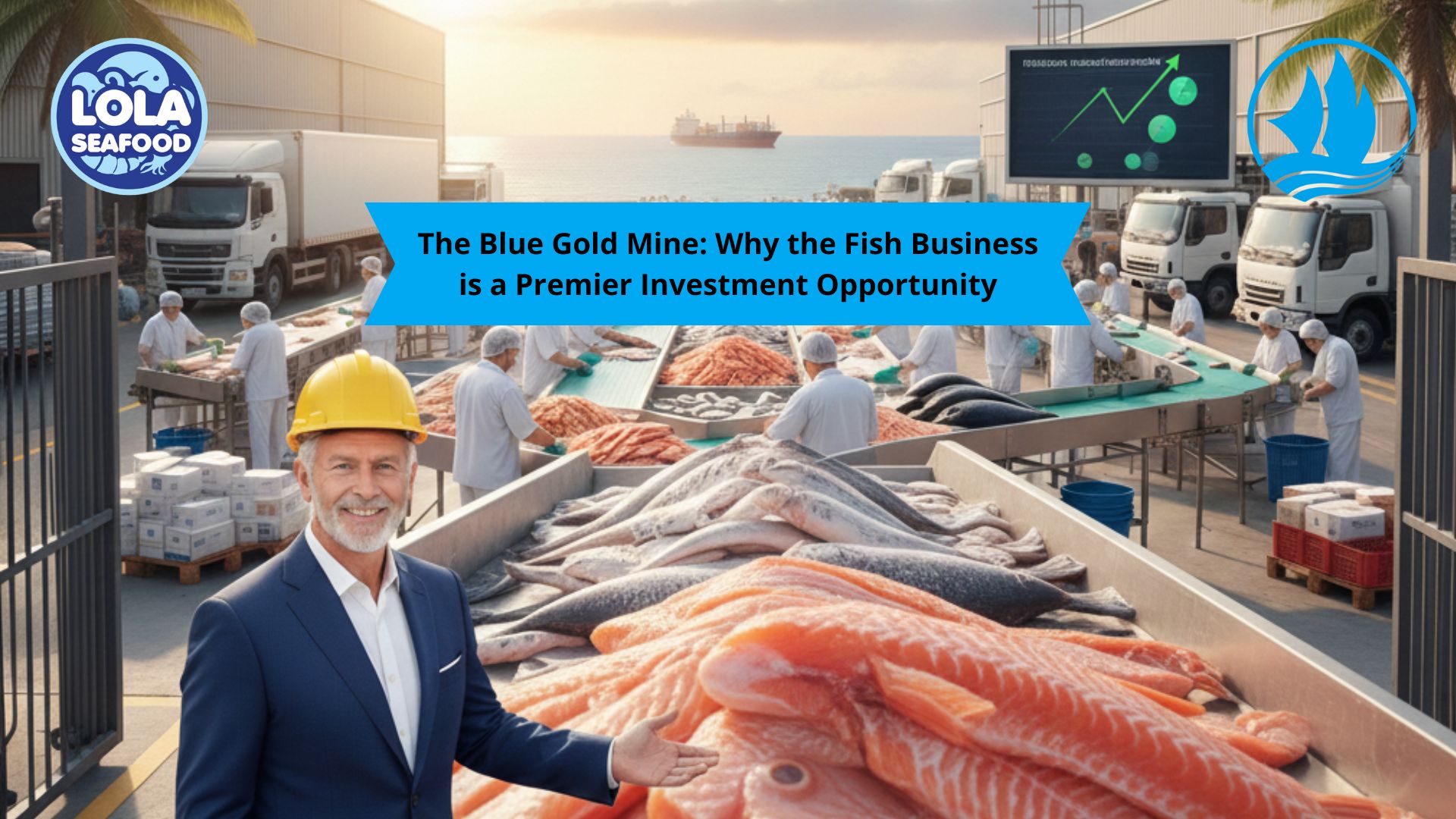
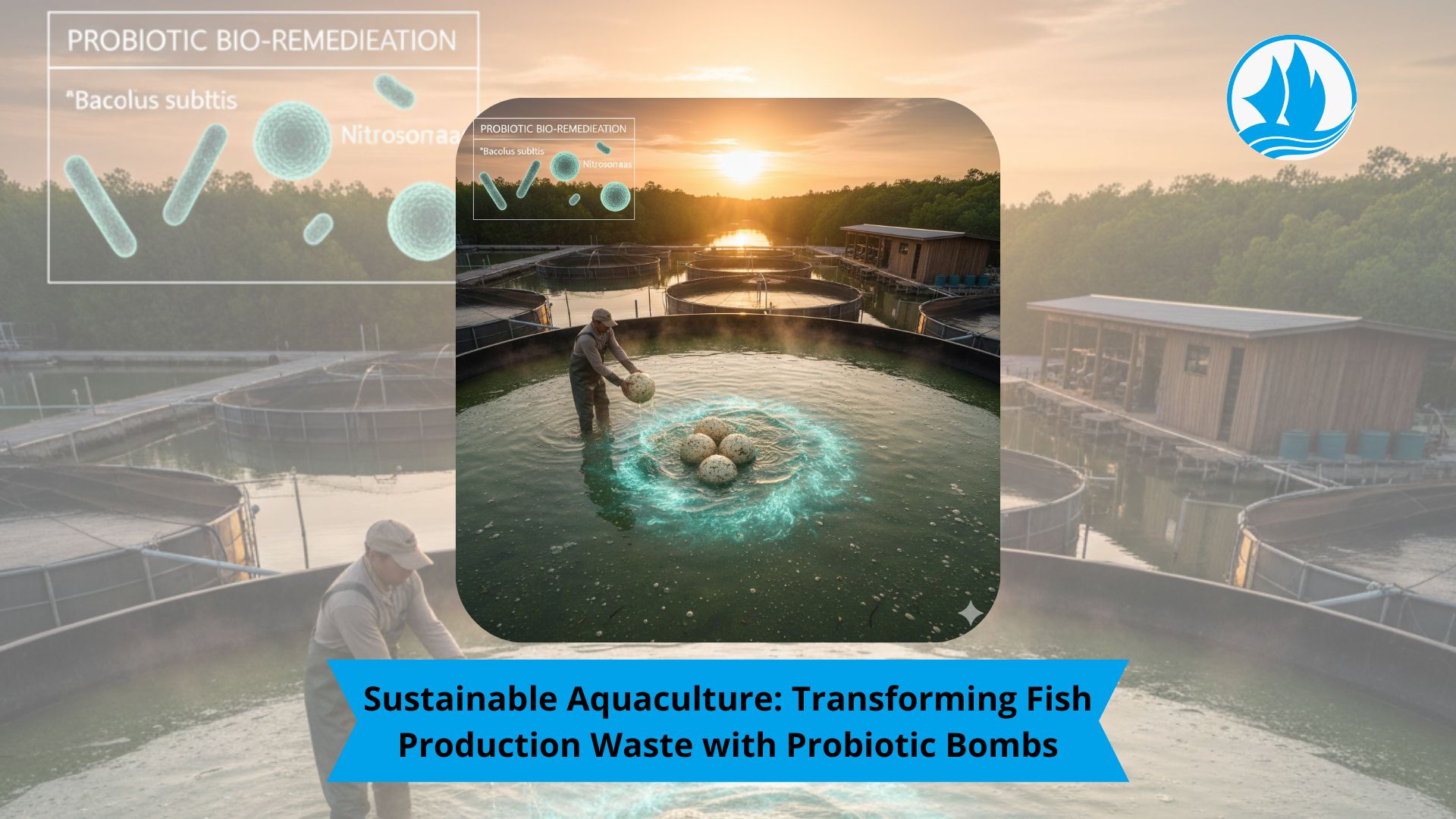
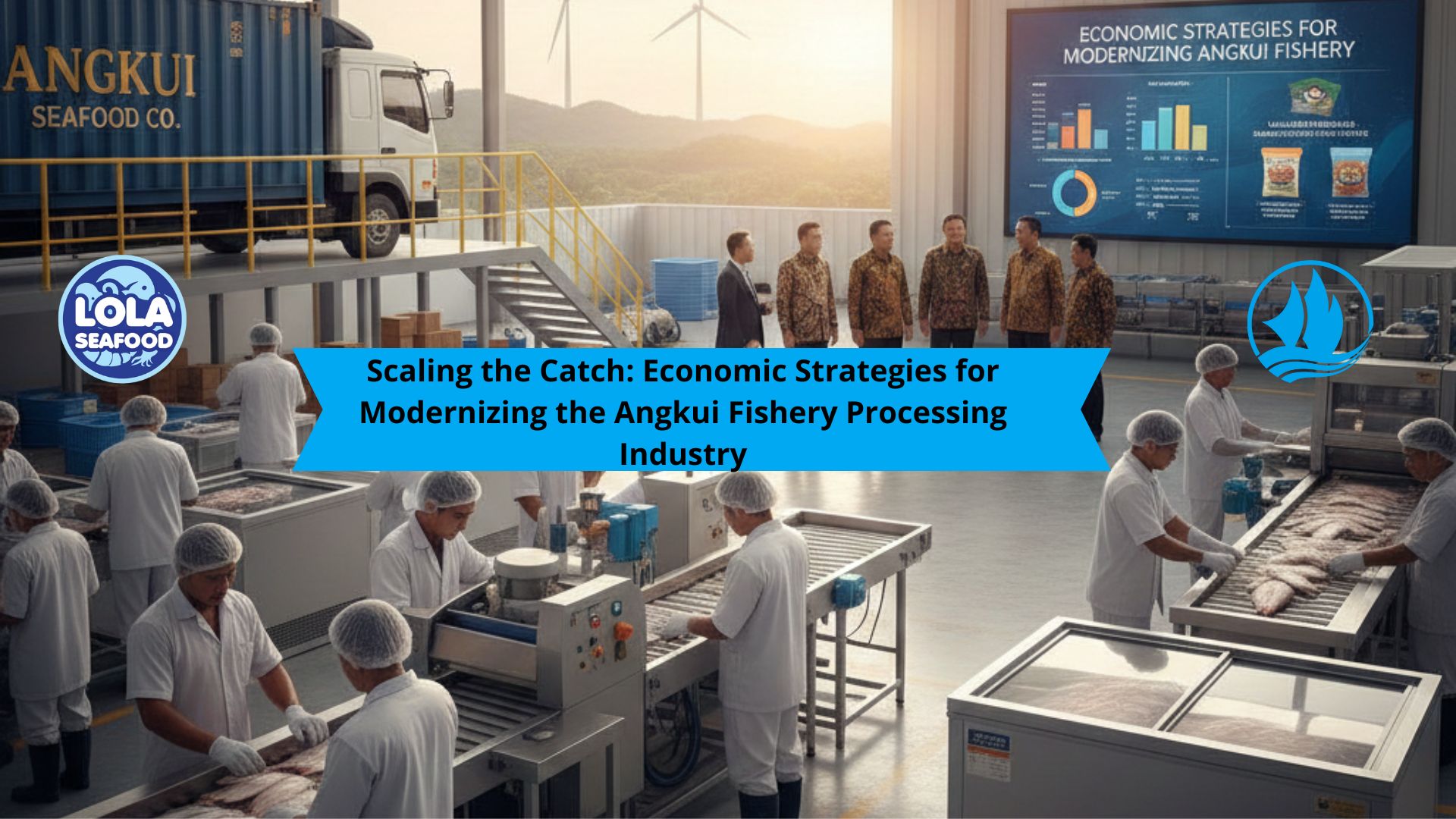
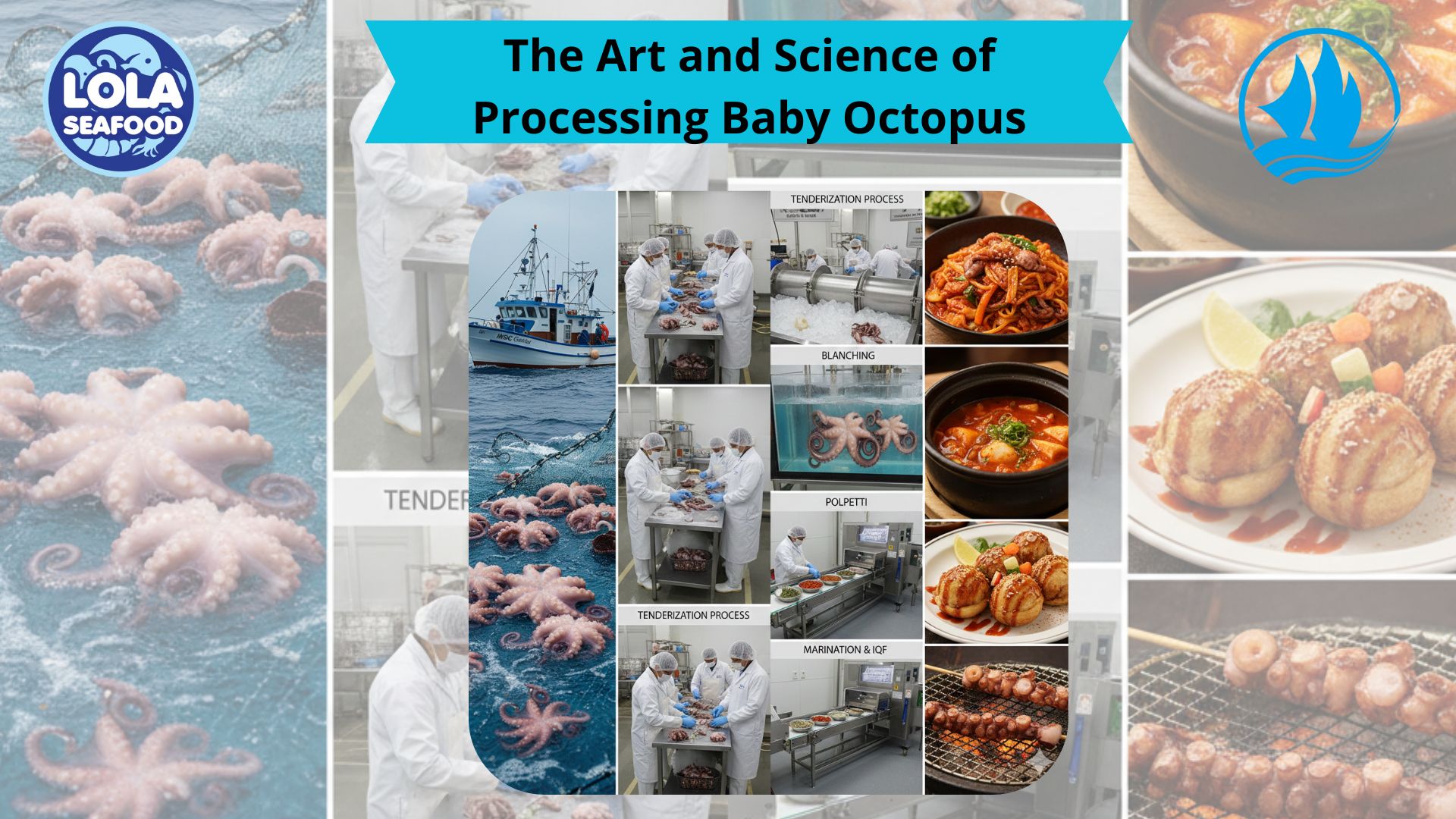
 in Modern Fish Processing Industries.jpg)